Nasir Bwanaali Ahmed: Retaining Swahili Designs
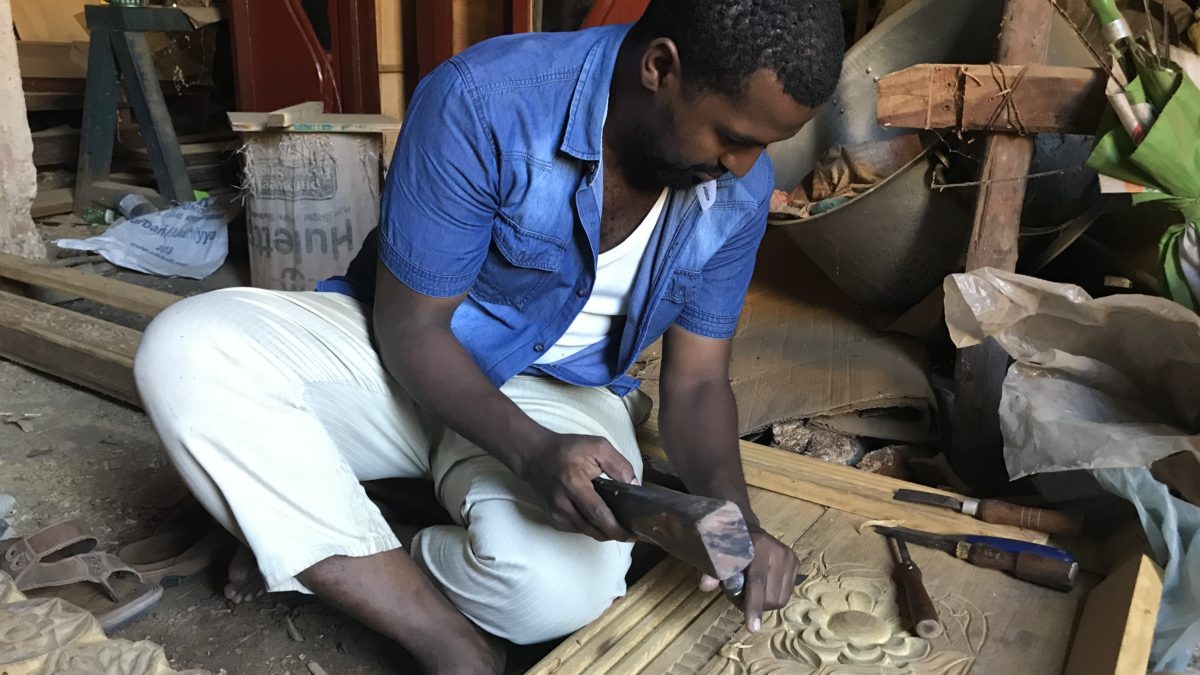
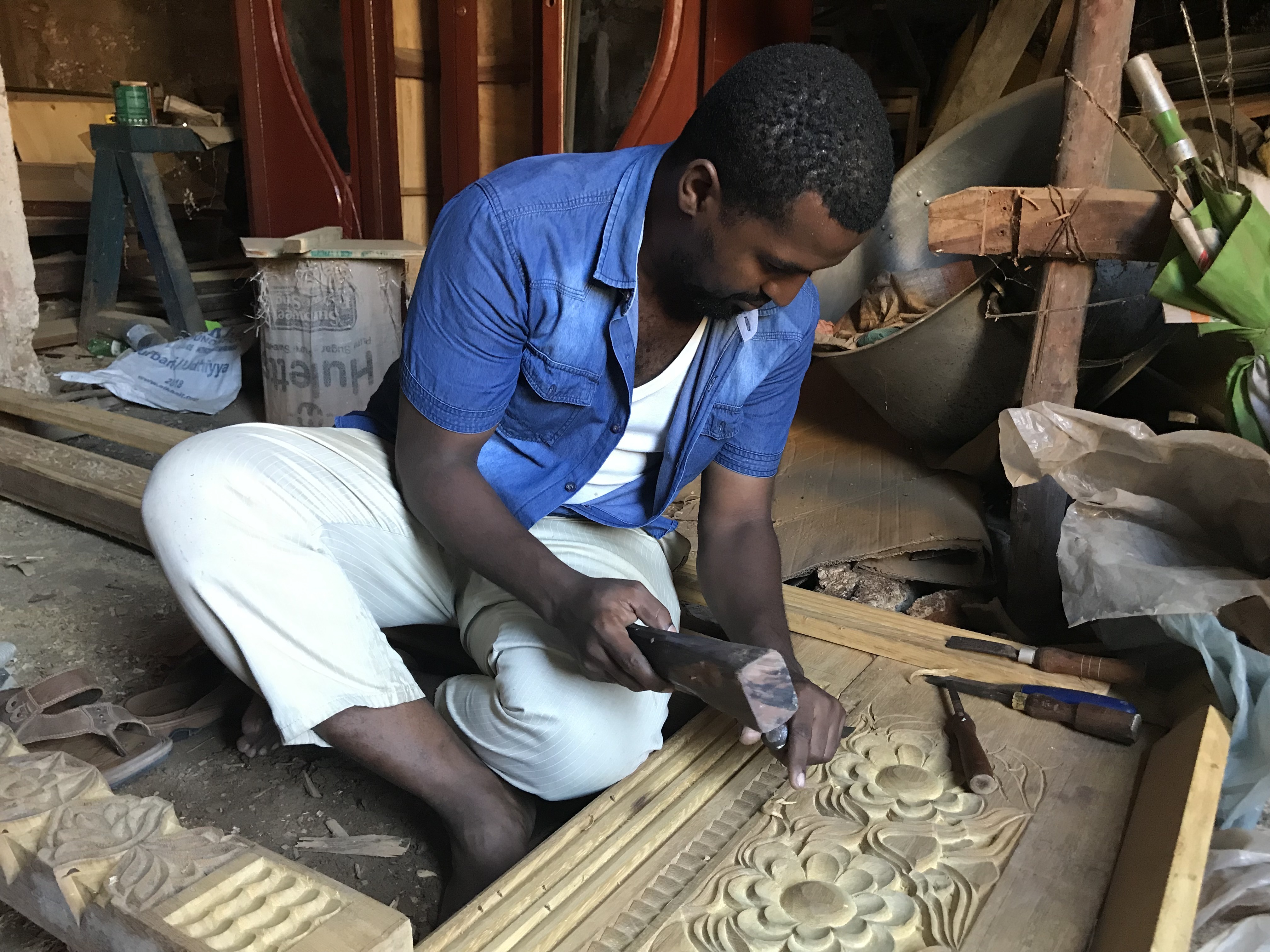
Nasir at his workshop. Image credits: EcoSoko
Going back in time, the merchants who controlled the Swahili coast put up homes from limestone (that was in surplus along the coast) and finalized their buildings with elaborate, large doors made first from Burmese teak and later East African teak. The doors were unique in that they had intriguing carvings. Swahili doors were rectangular in shape and consisted of a lintel, a center post and two separate doors on either side of the center post. The ornaments and patterns on the doors told the story of the resident. For instance, doors with chains marked the elite, geometric shapes and patterns were mostly found on the doors of accountants’ homes; wavy patterns and presence of ropes were common among those who frequently traded at sea; while doors with flowers are said to have told the number of families that lived in a building.
*
There’s a Kiswahili proverb that says ‘Penye nia, pana njia’, to mean where there is intention, there is always a way. And this saying accurately describes the journey of Lamu-based carpenter Nasir Bwanaali Ahmed.
Carpentry came to Nasir almost by chance. Over the school holidays he kept to himself. The year was 2002 and he was in class 7 at Ama Primary School. Disturbed that her son wasn’t one to explore Lamu island like most of his peers, Nasir’s mother gave him an ultimatum – he had to find something constructive to do. But as is common with preteen boys, he never followed through. Drawing was something Nasir enjoyed, and so carpentry that included the carving of designs was something that easily piqued his interest. He slowly learned about the kinds of woods ideal for different functions and saw the skill that went into carving decorations on wood. This went on daily until the next school term began.
By then his interest in carpentry was steady and he made time after school and madrasa to pass by the workshop to offer support where there was need to. It was never a dull moment with the experienced crafters and his love for art encouraged his morale. What was most fascinating was the transformation the wood went through under the carpenters’ hands. He started by making smaller items such as chopping boards and cooking sticks, and with the unused wood that would otherwise go to waste, he made his mother various items that were ever on display at home.
In his final year at Ama Primary, he came down with Tuberculosis. The infection forced him to leave school for six months pushing him behind on his studies. When he did return, KCPE exams were three months away and the lack of preparedness didn’t yield pleasant results. He spent a year at home often going to the workshop to keep himself busy. Two years later, he got the opportunity to go to Yemen to study Islamic Religion. His hope was to study then return to Lamu to work as a madrasa teacher. But despite his plans, his life had already been charted beyond his control. Finances became an issue and he was forced to return home where he immediately started looking for work. Nasir got the opportunity to work as a madrasa teacher, but the pay was low and he soon quit work. Luck seemed to be on his side after this hard decision because soon after he was reacquainted with one of his former colleagues from the workshop who offered him work. While he was uncertain whether he wanted to work as a carpenter, art was still of interest to him and he agreed to work hoping that he would re-learn the craft. The positive approach to this work enabled him to learn faster than he anticipated and he was soon getting contracts to work in Bungoma and Nairobi for clients who desired Swahili furniture.
With experience under his belt, enough money saved and knowing that he had established himself as an artistic carpenter, Nasir proceeded to the next phase of his career and started his own workshop – Swahili Decors – in Gadeni in Lamu Old Town.
It’s been eleven years since Nasir started formal work as a carpenter, and despite the bumps along the way, he remains hopeful that this is his calling. Today he specializes in Islamic wooden calligraphy and does bespoke wooden Swahili furniture by order.
#KeCrafters
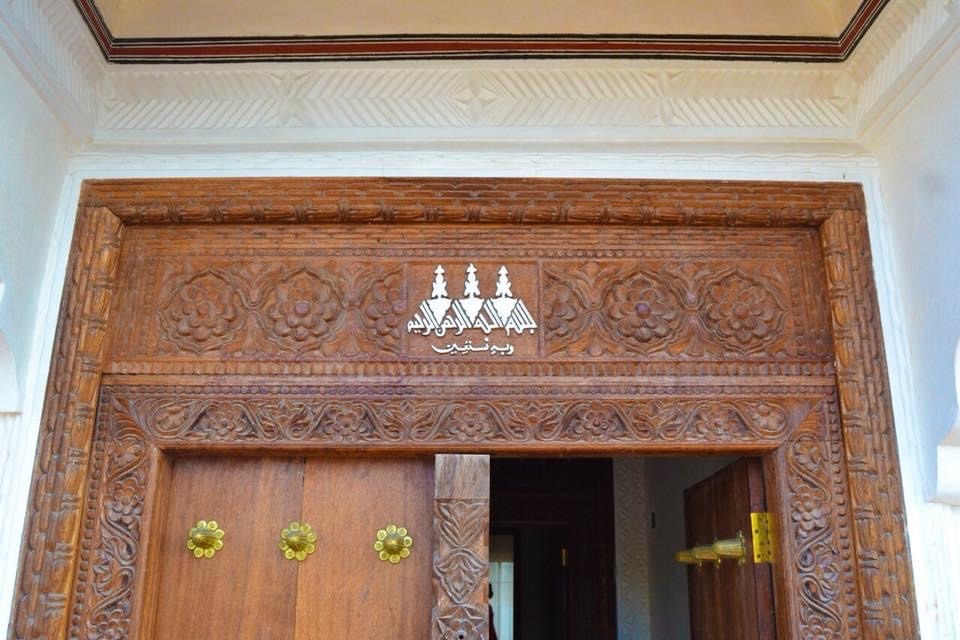
Swahili door made by Nasir. Image credits: EcoSoko
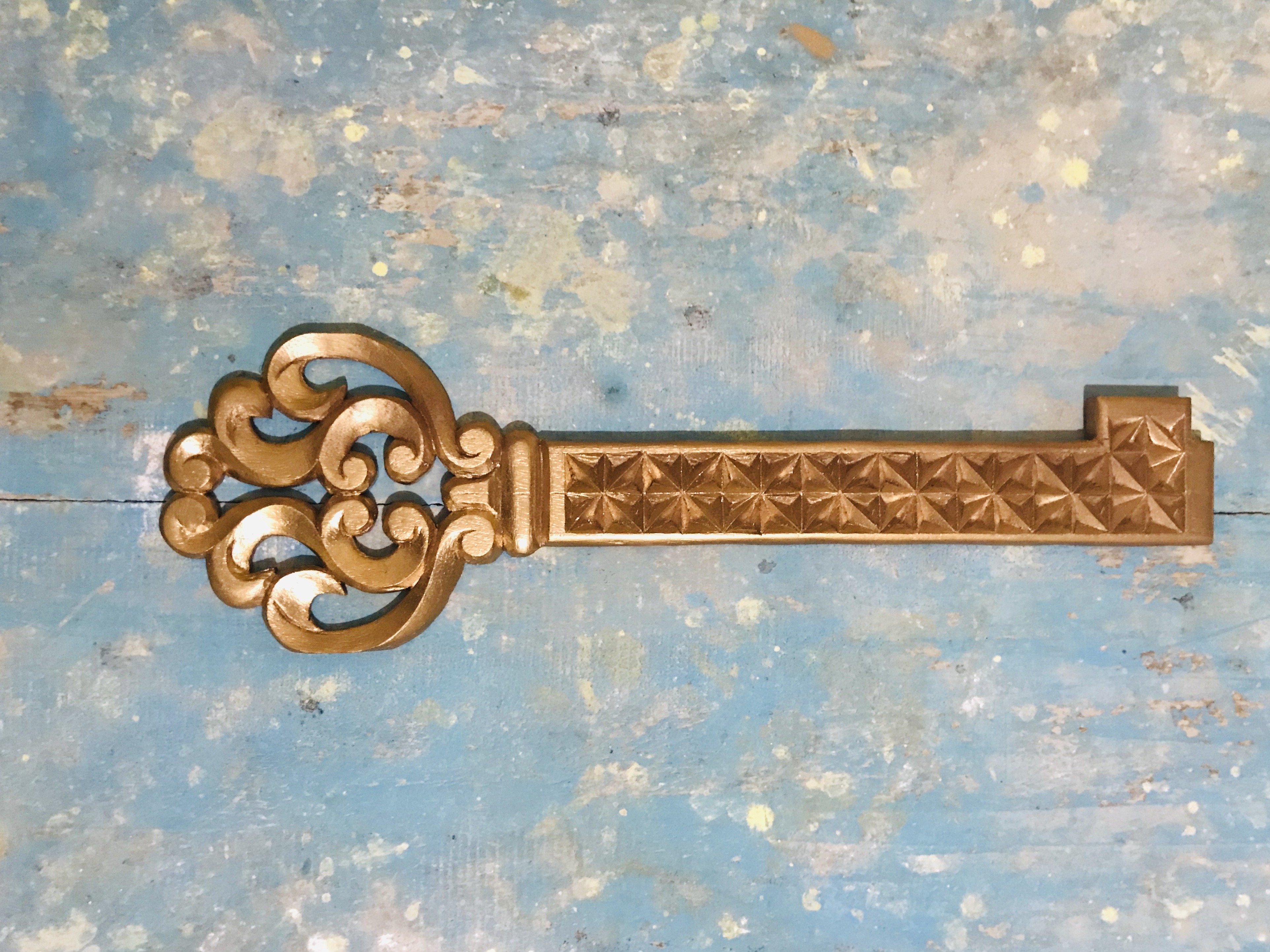
One of Nasir’s crafts. Image credits: EcoSoko



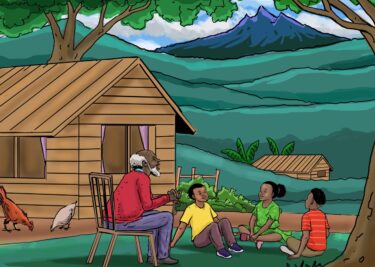
2 Comments
Hello. How can he be contacted?
Hello Rahima. You can find him on twitter, facebook and instagram using the handle @swahilidecors. Alternatively, you can find his products on EcoSoko